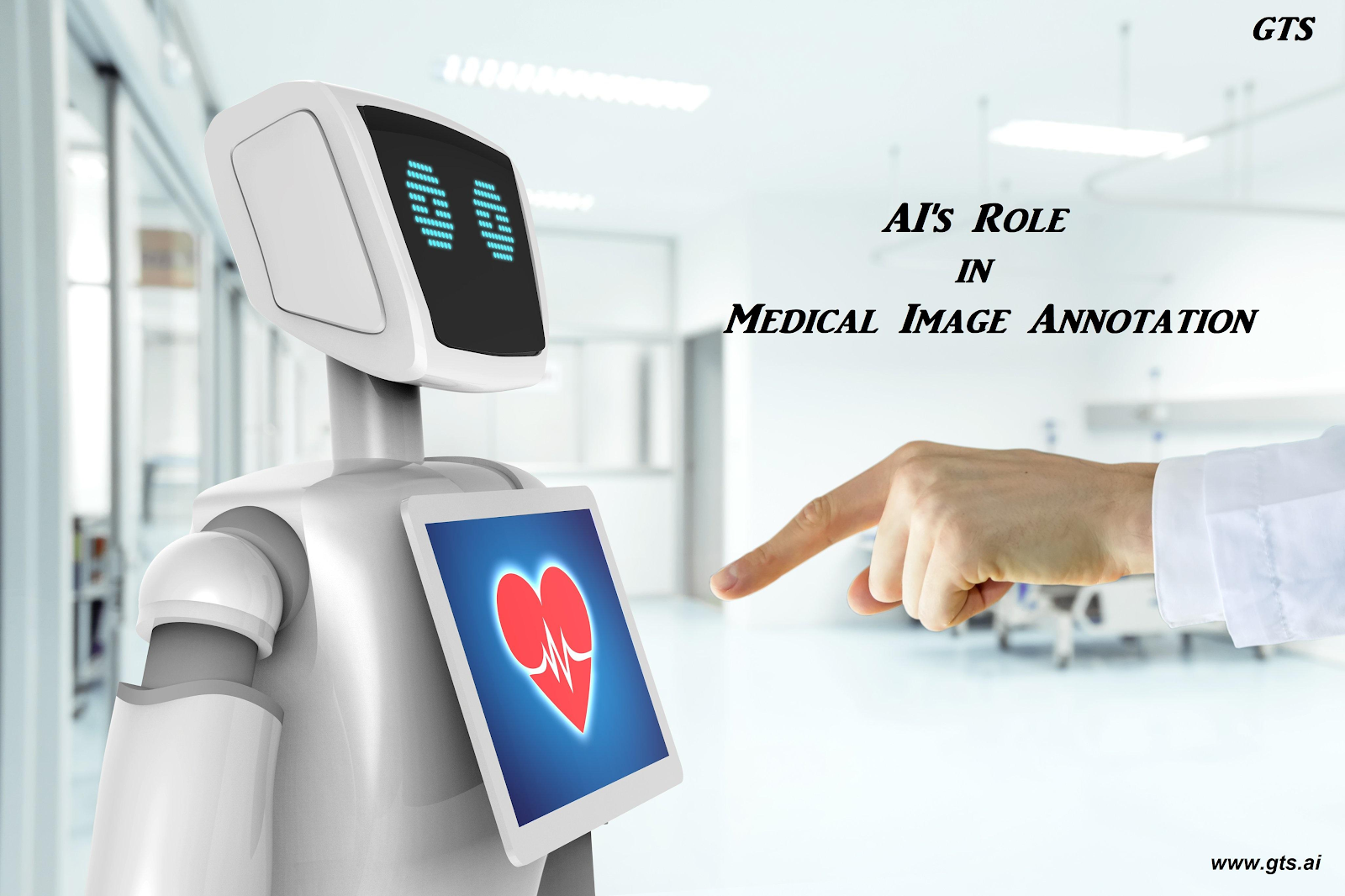An Overview of the Types of Healthcare Datasets Available and Their Potential Applications
Healthcare datasets are collections of information and data related to various aspects of the healthcare industry. These datasets play a critical role in advancing our understanding of healthcare and improving the quality of patient care.
Healthcare datasets are collections of information and data related to various aspects of the healthcare industry. They are used for a variety of purposes, including patient care, clinical research, and public health policies. The use of healthcare datasets has been growing in recent years due to advances in technology and the increasing need for data-driven decision-making in healthcare.
In this blog, we'll take a closer look at the different types of healthcare datasets available and their potential applications.
Electronic Health Records (EHRs)
Electronic health records (EHRs) are one of the most commonly used types of healthcare datasets. They contain information on patient demographics, medical history, laboratory results, medications, and other health-related information. EHRs are collected and stored electronically by healthcare providers, making them easily accessible and searchable. EHRs can be used for a variety of purposes, including patient care, population health management, and clinical research.
Claims Data
Claims data is information collected by insurance companies on healthcare utilization, including services provided, costs, and outcomes. Claims data can provide valuable insights into patterns of healthcare utilization and costs, which can be used to inform resource allocation decisions and identify areas for improvement. Additionally, claims data can be used to evaluate the effectiveness of treatments and interventions and to inform policy decisions related to healthcare financing and reimbursement.
Survey Data
Survey data is collected through surveys of individuals, communities, or populations. These surveys can be used to gather information on health behaviors, attitudes, and experiences. Survey data can be used to inform public health policies, evaluate the impact of interventions, and monitor trends in health behaviors over time. Examples of commonly used survey data in healthcare include the National Health and Nutrition Examination Survey (NHANES) and the Behavioral Risk Factor Surveillance System (BRFSS).
Genomic Data
Genomic data refers to information on an individual's DNA, including genetic mutations and epigenetic changes. This type of data is becoming increasingly important in the healthcare industry as advances in genomics technology make it easier to collect and analyze genomic information. Genomic data can be used to better understand the genetic basis of disease, inform the development of personalized medicine, and monitor the effectiveness of treatments. Examples of commonly used genomic datasets in healthcare include The Cancer Genome Atlas (TCGA) and the 1000 Genomes Project.
Clinical Trial Data
Clinical trial data is collected from clinical trials, which are studies conducted to evaluate the safety and efficacy of new treatments and interventions. Clinical trial data can provide valuable information on the outcomes of these trials, including patient response to treatment, adverse events, and treatment efficacy. This information is crucial for informing treatment decisions, advancing our understanding of healthcare, and improving patient outcomes. Clinical trial data can be found in databases such as ClinicalTrials.gov.
Conclusion
Healthcare datasets are an invaluable resource for researchers, practitioners, and policymakers alike. They can provide valuable insights into disease trends, treatment efficacy, and patient outcomes, allowing these stakeholders to make informed decisions about patient care. By leveraging the power of healthcare datasets, we can continue to improve the quality of care for patients and advance our understanding of healthcare. With the growing availability of healthcare datasets, it's important for stakeholders to be aware of the different types of datasets available and their potential applications. By doing so, we can ensure that we are using these datasets to their full potential and making the most impactful decisions possible in healthcare.
Healthcare Datasets and GTS
Collecting Healthcare Datasets in ML is not easy. There are a ton of things to consider. That’s why we at Global Technology Solutions are known to provide quality medical data collection that are useful in making healthcare models. Our process is fully customized and our name is appreciated among big industries, and players.



Comments
Post a Comment